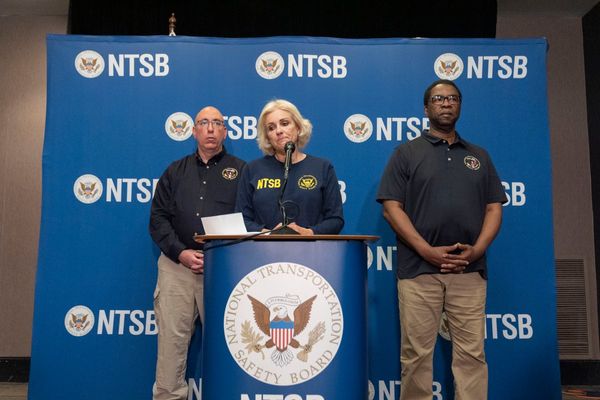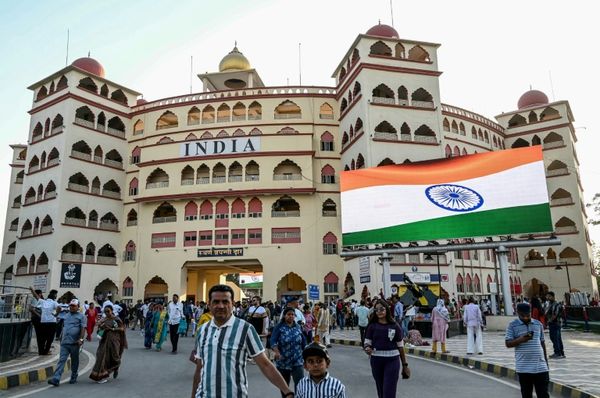Scientists in Bristol are in a race against time to find enough volunteers to trial a new, British coronavirus vaccine, before too many people have had one of the existing ones.
But they hope that the appeal among younger people of getting their covid jab much sooner than they otherwise would, will be enough to fill the slots on the trial, which is being run at both the city’s main hospitals.
The National Institute for Health Research needs 4,000 volunteers who haven’t had a covid vaccination yet to come forward and take part in the trial.
The trial is for a new covid jab being developed by Valneva, and it could become a new weapon in the vaccination arsenal against coronavirus, particularly if we all need a third booster jab this autumn and winter.
But with invitations going out this week to people aged 43, the numbers of people left not having had their vaccinations is shrinking.
People who volunteer and are aged between 18 and 29 will receive the Valneva vaccine, which is at the phase two and three study, which is for mass testing on thousands of people.
The vaccine’s effectiveness is being compared against the Oxford AstraZeneca jab, with half the people over the age of 30 being given the Valneva jab and the other half given the AstraZeneca vaccination.
Given the increasing talk of having 'covid passports' which could be brought in to access everything from gigs, festivals and nightclubs to holidays, volunteering for a trial could be a way for someone in their 20s or 30s to get the jab before they might otherwise, if they wait for the national roll-out.
Volunteers for the study will be vaccinated at the beginning of May and Valneva aims to submit their vaccination for approval by the regulatory authorities by the autumn.
If Valneva’s vaccine is shown to be safe and effective, as many as 250 million doses could be supplied to the UK and other countries around the world from the company’s site in Livingston, near Glasgow.
The Valneva jab is the only inactivated, adjuvanted covid-19 vaccine in clinical development in Europe. That means it may well end up proving to be more effective against, or more adaptable to combat new strains of Covid-19.
The chief investigator on the Valneva trial is Prof Adam Finn, from the University of Bristol, who is a member of the Government’s JCVI committee that is co-ordinating the vaccine roll out.
He said the safety checks already done in phase 1 were good.
“Following very encouraging safety and immune response results from our phase 1 study, along with my investigator colleagues, I am really looking forward to starting on this important next stage of the clinical development of this important new vaccine,” he said.
“We definitely need more vaccines to help us out of this pandemic and this one is a very promising candidate.”
Prof Andrew Ustianowski, National Clinical Lead for the UK NIHR COVID Vaccine Research Programme, said: “Off the back of positive early study data, it is great to see the final stage of the Valneva study begin across the UK, coordinated by the NIHR Clinical Research Network.
“Evaluating an additional vaccine candidate to help protect the population against COVID-19 is vital in our efforts to ensure that we have effective vaccines that work for everybody,” he added.
"Each and every one of the participants involved in the study are key to helping us gain a detailed understanding of how the vaccine will perform in a large population. People are still needed from all backgrounds to take part in this and future vaccine studies. Signing up to be contacted, if you are interested in taking part in vaccine studies, is simple via the NHS Vaccine Research Registry."
Anyone who wants to volunteer for the vaccine trial has to be over 18 and not have been given a covid-19 jab already. They should sign up here.
“As COVID-19 continues to impact people’s daily lives, we remain fully focused on developing another safe and efficacious vaccine solution," said the chief executive of Valneva, Thomas Lingelbach.
"We believe that VLA2001 has an important role to play including boosters or potential modifications to the vaccine to address variants. The world needs multiple vaccines, as well as booster options. Given the potential advantages often associated with inactivated vaccines, we believe that ours has an important role to play," he added.







